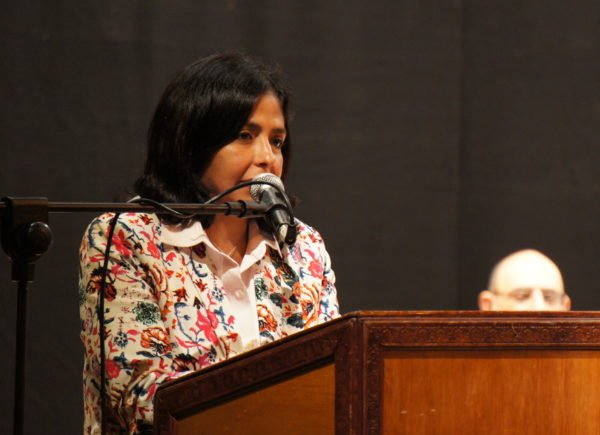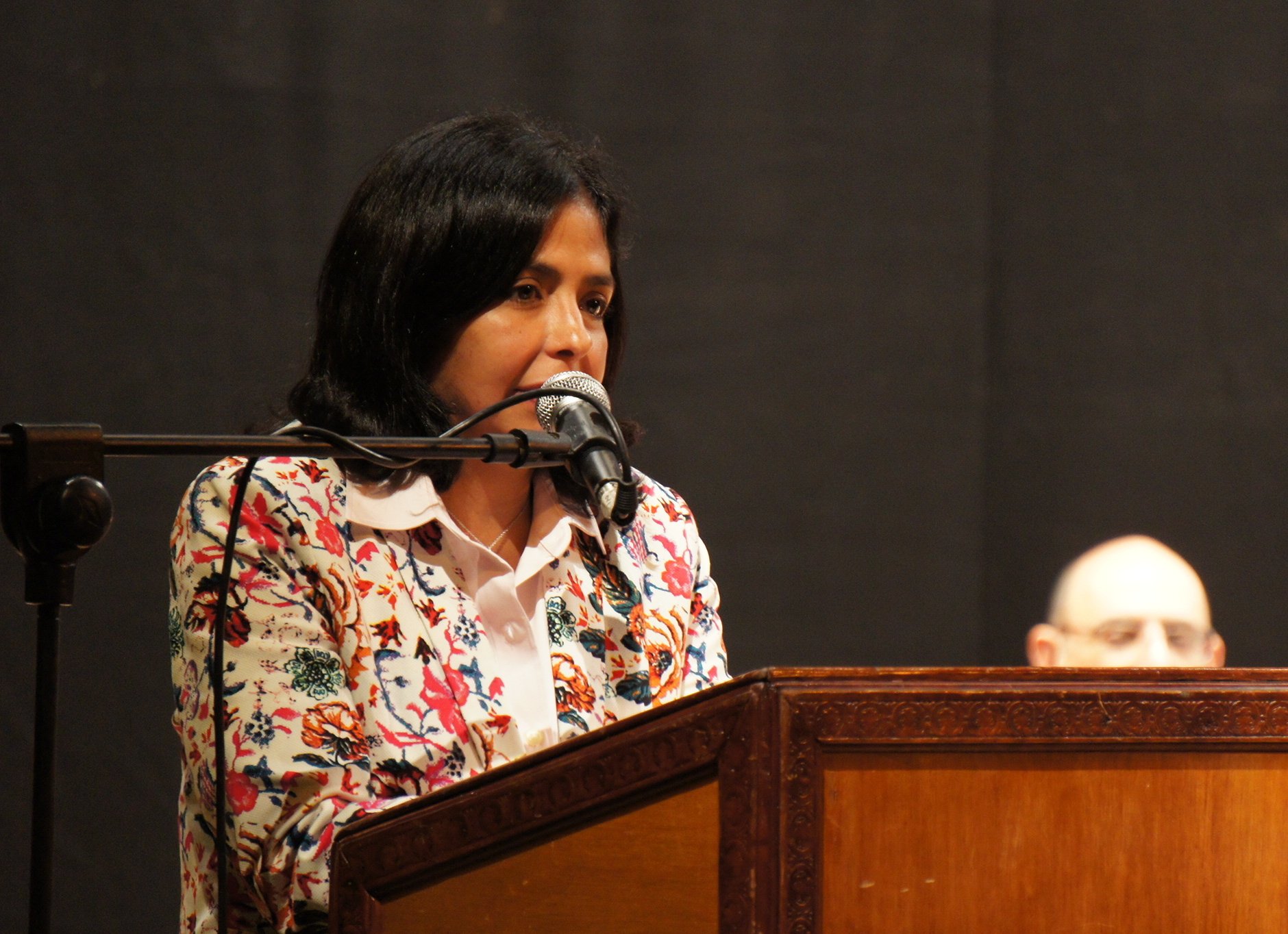Brazilian Ambassador to Caracas Ruy Pereira and Canadian charge d’affaires Craig Kowalik have been expelled by Venezuela’s powerful Constituent Assembly.
The move was announced by the Constituent Assembly President Delcy Rodriguez.
Delcy Rodriguez accused Brazil of violating the rule of law and Canada of interfering in Venezuela’s internal affairs.
Both countries have strongly criticized the move.
The decision to expel Ambassador Ruy Pereira may have been triggered by Brazil’s recent complaint that President Nicolás Maduro was “constantly harassing the opposition”.
Canada imposed sanctions on senior Venezuelan officials a few months ago.
Venezuela’s diplomatic relations with Brazil have deteriorated since Brazil’s President Michel Temer replaced left-wing leader Dilma Rousseff.
Dilma Rousseff’s impeachment was described by Nicolas Maduro as a “right-wing coup”.

Venezuela’s Main Opposition Parties Banned from 2018 Presidential Election
Venezuela Crisis: Argentine Airlines Becomes Latest Carrier to Suspend Flights to Caracas
US Extends Travel Ban to North Korea, Venezuela and Chad
Delcy Rodriguez said at a news conference on December 23: “Diplomatic relations with Brazil will not be restored until the government reinstates the constitutional order it has effectively broken.”
In response, the Brazilian government said the move showed once again the authoritarian nature of President Maduro’s administration.
Delcy Rodriguez accused Craig Kowalik of “permanent and insistent, rude and vulgar interference in the internal affairs of Venezuela”.
Relations with Canada have been difficult for months. Earlier this year, Ottawa imposed sanctions on Venezuelan officials for alleged human rights violations and corruption.
Last month, Foreign Minister Jorge Arreaza said that the sanctions were illegal and accused the Canadian government of “shameful and utter submission to Donald Trump’s administration”.
In response, Canada said to the expulsion of its charge d’affaires by saying it would not be cowed into easing pressure on the Maduro government.
Brazil and Canada were among many countries critical of President Maduro’s decision to convene a Constituent Assembly, which effectively replaced the opposition-controlled National Assembly.
The announcement prompted mass street protests, which killed more than 120 people in four months.
The opposition boycotted the poll in July and also held an unofficial referendum in which they said more than seven million Venezuelans voted against the constituent assembly.
The EU and major Latin American nations have said they will not recognize the new body.
Meanwhile, the US imposed sanctions on President Maduro and the Trump administration labeled him a “dictator”.
Nicolas Maduro’s six-year term ends in 2019. He is due to run for re-election next year.
The opposition has accused President Maduro and his predecessor, the late Hugo Chavez, of destroying Venezuela’s economy with their socialist policies.
Venezuela has one of the world’s highest inflation rates and for years has suffered from a shortage of basic goods, including medicines.
https://www.youtube.com/watch?v=5jtdrr0-3VY
